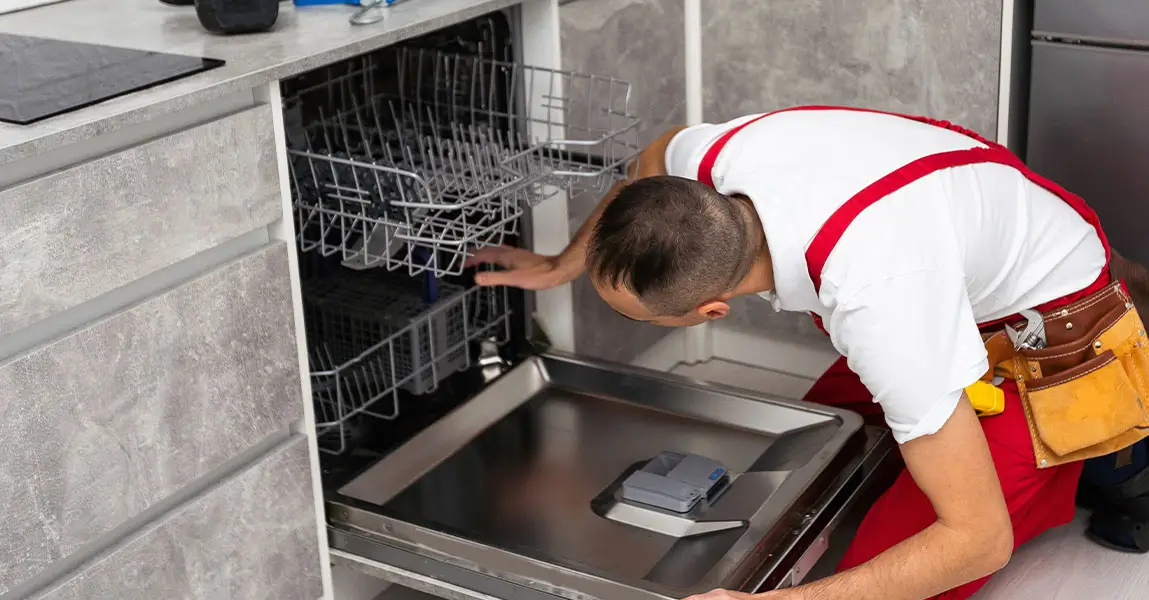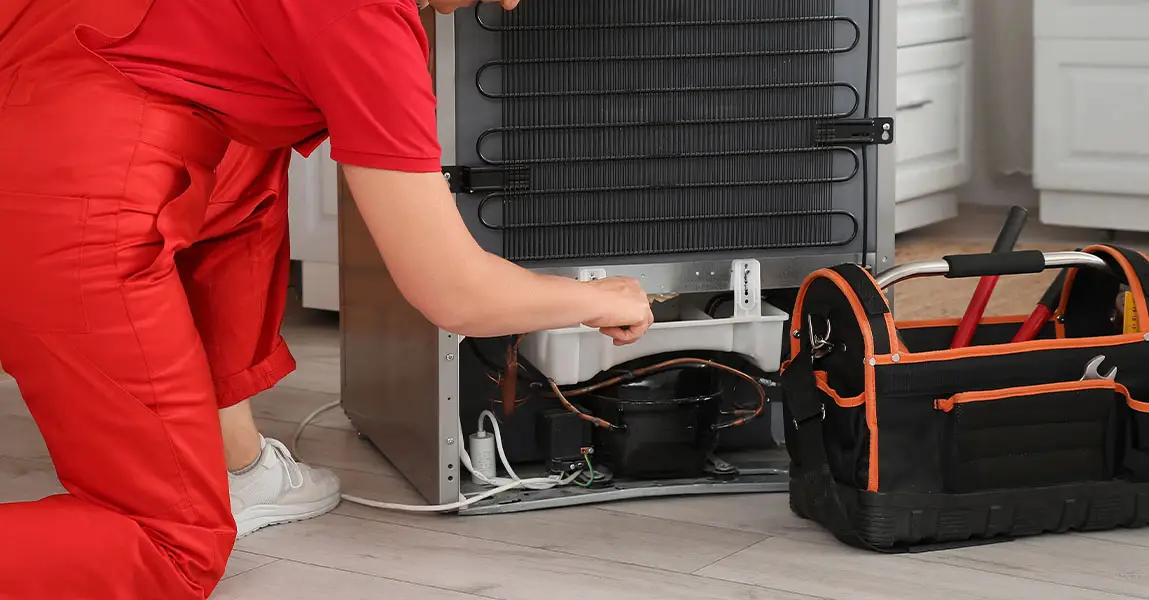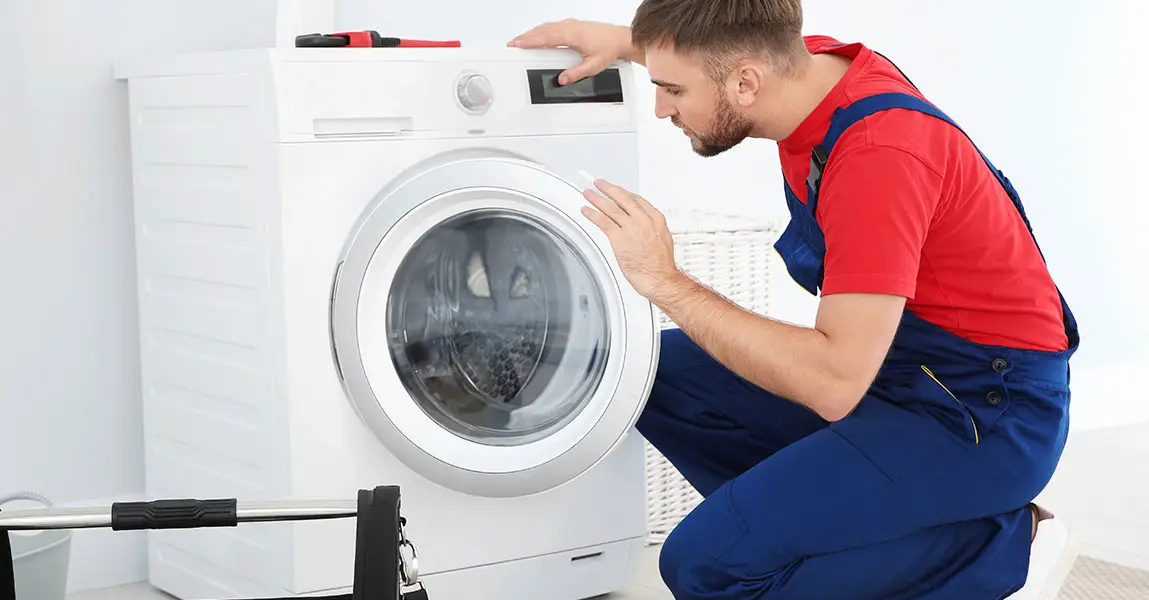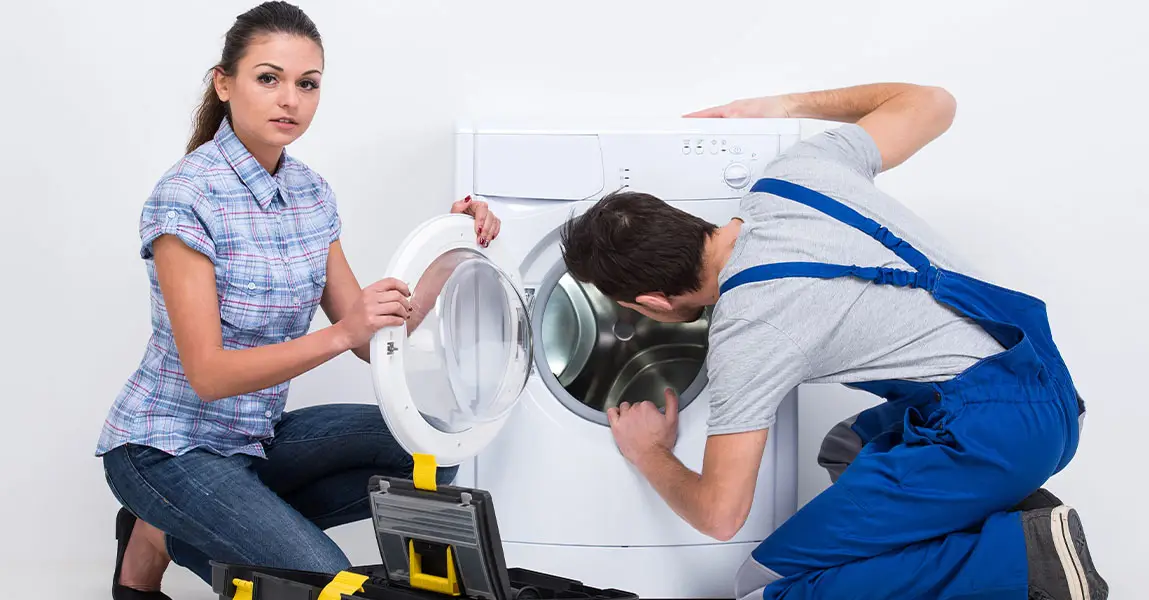Appliances keep our homes running smoothly every day. When they break down, the disruption can feel immediate. Preventive maintenance is the simplest way to avoid these sudden failures. It focuses on regular care, early checks, and small adjustments before major problems develop. At JAY Appliances, we have seen how this approach saves both money and stress over time. It turns unpredictable breakdowns into manageable upkeep and keeps every unit performing at its best.
Why Regular Maintenance Matters
Every appliance experiences wear with daily use. Dirt, moisture, and vibration slowly affect performance even when everything appears fine. Preventive maintenance tackles these small issues before they grow into bigger ones. Cleaning lint filters, checking seals, and inspecting electrical connections make a real difference.
We often compare appliances to vehicles. No one expects a car to run smoothly without oil changes or brake checks. Similarly, a washing machine or refrigerator needs regular attention. When maintained, internal parts last longer, motors run efficiently, and electrical loads stay balanced. Over time, this consistency reduces the need for costly appliance repair in Surrey and keeps energy bills low.
Early Detection Saves Money
Most appliance failures do not happen overnight. They build up slowly. A refrigerator may show early signs through longer cooling times. A dryer might take extra cycles to finish. These small clues often go unnoticed until a complete breakdown happens. Preventive maintenance brings these early warnings to light.
During routine checks, technicians can spot worn belts, loose connections, or blocked vents. Fixing these small issues costs far less than replacing major parts. It also prevents secondary damage, such as overheating or short circuits. This proactive approach allows homeowners to plan maintenance schedules rather than deal with sudden emergencies. It’s a simple cycle: inspection, correction, and continued reliability.
Extending Appliance Lifespan
The goal of preventive care is not just to avoid failure but to add years to an appliance’s life. When internal components stay clean and lubricated, friction drops, and mechanical stress decreases. For example, removing mineral buildup from a dishwasher prevents pump damage, while clearing condenser coils on a fridge keeps the compressor healthy.
We often see appliances that fail early not because of design flaws but because of neglect. Regular servicing helps them perform as the manufacturer intended. It keeps noise levels steady, reduces heat strain, and maintains safe electrical balance. Ultimately, it delays replacement, making every appliance a longer-term investment instead of a recurring expense.
Improving Energy Efficiency
An often-overlooked benefit of preventive maintenance is improved efficiency. When an appliance runs smoothly, it uses less power to achieve the same results. A dryer with clean vents dries faster. A refrigerator with clean coils cools better. Even a properly balanced washing machine reduces water waste.
This efficiency adds up month after month. Homeowners who stay consistent with maintenance often notice lower utility bills and fewer power surges. They also contribute to a smaller environmental footprint by reducing energy waste and the need for frequent replacements. For anyone concerned about sustainability, preventive care is a practical step that directly supports it.
Maintaining Safety in the Home
Appliances mix electricity, heat, and water. That combination makes safety a top priority. Preventive maintenance ensures that these systems remain secure. Frayed cords, leaking hoses, and worn insulation are common hazards. Identifying and fixing them early prevents shocks, short circuits, or even fires.
We once inspected a dryer that had begun producing a faint burning smell. The cause was a lint-clogged vent close to the heating element. Without attention, it could have ignited. Regular maintenance caught it just in time. Simple actions such as inspecting cords, tightening connections, and cleaning internal parts protect both equipment and the people who rely on it daily.
Reducing Unexpected Downtime
Few things are more frustrating than a broken appliance in the middle of a busy week. Preventive maintenance turns these interruptions into rare events. Regular inspections help technicians predict which parts are near the end of their service life. Replacing them before they fail avoids last-minute disruptions.
We encourage homeowners to schedule maintenance during off-peak periods, such as before major holidays or seasons of heavy use. This planning helps ensure that essential appliances are always ready. With fewer surprises, daily routines stay smooth, and costly rush repairs become unnecessary.
Practical Steps Homeowners Can Take
While professional servicing plays a big role, small habits at home make a big difference. These steps can extend the time between major services and reduce wear:
- Clean filters and vents monthly.
- Avoid overloading washing machines or dishwashers.
- Keep refrigerator doors sealed tightly.
- Wipe spills from stove surfaces immediately.
- Unplug unused appliances to protect them from power surges.
Each of these actions supports the broader goal of preventive maintenance: keeping systems stable, safe, and efficient. When paired with periodic professional care, these habits nearly eliminate the risk of sudden breakdowns.
The Technician’s Preventive Approach
When technicians perform maintenance, they follow a methodical process. They inspect electrical connections, measure power flow, test sensors, and ensure parts move freely. Then, they clean or replace elements that show early wear. This systematic approach reveals hidden issues that general cleaning cannot.
For instance, an oven might show perfect heating on the surface, yet its thermostat may be slightly off. Over time, this causes uneven cooking and higher energy use. Preventive servicing corrects this before it becomes a customer complaint. The same principle applies to washers, dryers, and microwaves. Routine adjustments keep everything aligned and dependable.
How Preventive Maintenance Builds Peace of Mind
Knowing that appliances are in good condition brings quiet confidence. It removes the anxiety of sudden repair calls and last-minute costs. Homeowners can plan budgets more easily and rely on consistent performance. Preventive maintenance also helps families trust their appliances, especially during critical times like holidays or busy work weeks.
Peace of mind is often overlooked as a benefit, yet it may be the most valuable one. When systems operate safely, quietly, and efficiently, life runs more smoothly. Simple consistency creates comfort, and that comfort starts with regular care.
When to Schedule Professional Maintenance
The best time for preventive maintenance depends on the appliance type and usage. Refrigerators benefit from twice-yearly coil cleaning and seal checks. Dryers and washing machines often need inspection every six months. Ovens, stoves, and dishwashers usually perform best with yearly service.
We recommend creating a maintenance calendar for the household. Record each service date and note when to schedule the next one. This system helps avoid forgetting important checks. It also ensures that appliances remain covered under manufacturer warranties, which often require proof of regular service.
If any issues appear between scheduled visits, it is wise to contact us for early assessment. Even minor changes in noise or performance can signal a developing fault that deserves attention before it worsens.
The Connection Between Maintenance and Repair Quality
Preventive maintenance directly affects how effective future repairs will be. When a technician encounters a well-maintained appliance, diagnosis becomes faster and more precise. Clean, well-kept components reveal signs of wear clearly, while neglected units can hide deeper problems under layers of residue or rust.
This clarity shortens repair times and improves accuracy. It also reduces the risk of secondary issues appearing after a fix. In short, preventive maintenance not only prevents breakdowns but also improves the quality and speed of any repairs that might still be needed.
Long-Term Savings Beyond the Obvious
People often associate maintenance with upfront costs. However, the long-term savings easily outweigh those expenses. Avoiding a single major repair often covers the cost of multiple maintenance visits. Additionally, energy efficiency and prolonged appliance life bring measurable financial benefits.
Even more, preventive care reduces waste by lowering the demand for new parts and appliances. This sustainability aspect extends value beyond the home. Maintaining what we already own helps conserve resources and supports a more responsible lifestyle without requiring major changes.
Frequently Asked Questions
1. How often should I schedule preventive maintenance for my appliances?
Most appliances benefit from servicing once or twice a year. High-use items like washers, dryers, and refrigerators may need checks every six months to stay reliable.
2. Can preventive maintenance really stop major breakdowns?
While it cannot guarantee zero issues, it prevents most common failures by catching wear and faults early. It reduces the chance of sudden breakdowns dramatically.
3. Is preventive maintenance worth the cost for older appliances?
Yes. Even older units gain improved performance and safety from maintenance. It often helps extend their lifespan and postpone replacement.
4. What signs suggest my appliance needs maintenance soon?
Watch for unusual sounds, slower operation, excess heat, or increased power use. These signs indicate developing issues that need prompt care.
5. Can I handle preventive maintenance myself?
Basic cleaning and visual checks are fine for homeowners. However, deeper inspections involving electrical or mechanical systems should always be left to trained technicians.











